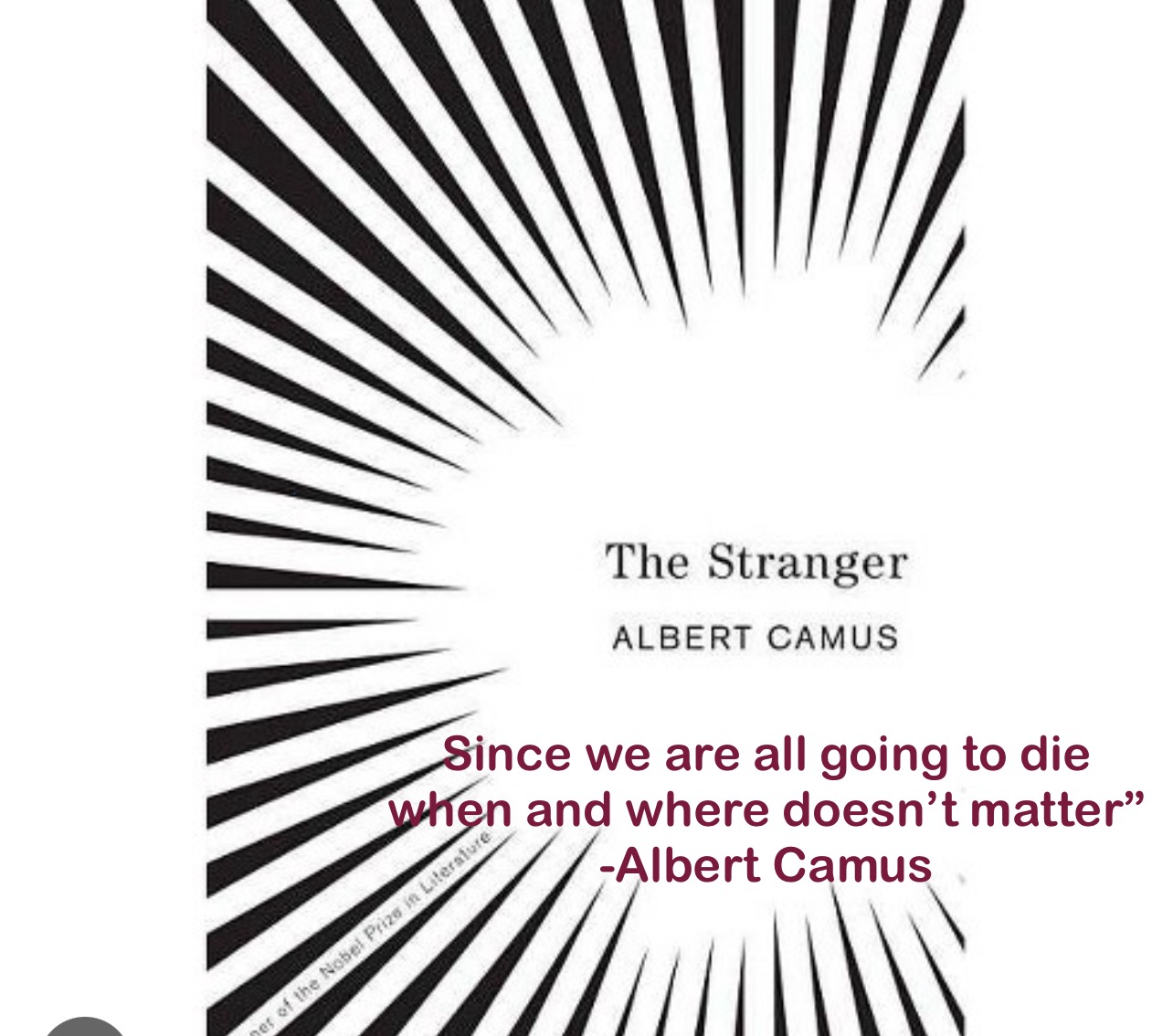Albert Camus’s Absurdity from “The Stranger”

Albert Camus's seminal work, "The Stranger," is a thought-provoking exploration of existentialism, absurdity, and the human condition. Through the experiences of the protagonist, Meursault, the novel offers valuable life lessons that challenge conventional norms and provoke introspection.
Embracing Emotional Authenticity
Meursault, the indifferent and emotionally detached protagonist, challenges societal expectations regarding emotional expression. In a world that often demands conformity to prescribed emotional responses, Meursault's honesty about his feelings encourages us to question the authenticity of our own emotions. As Camus wrote, "I opened myself to the gentle indifference of the world."
Camus opens the book portraying the disturbing character of Meursault's and the detached and indifferent perspective on life:
"Maman died today. Or maybe yesterday, I do not know. I got a telegram from the home: "Mother deceased. Funeral tomorrow. Faithfully yours." That does not mean anything. Maybe it was yesterday."
Confronting the Absurdity of Life
"The Stranger" delves into the concept of the absurd – the idea that life lacks inherent meaning or purpose. Meursault's journey prompts readers to confront the absurdity of their existence and the unpredictability of the universe. Camus suggests that acknowledging this absurdity allows us to find our own meaning in life, stating, "In the midst of winter, I found there was, within me, an invincible summer."
Resisting Societal Expectations
Meursault's trial becomes a symbol of societal judgment and conformity. His refusal to conform to expected emotional responses and societal norms challenges us to question the arbitrary standards imposed upon us. Camus critiques the rigid expectations of society, urging us to embrace individuality. Meursault's realization is clear: "I laid my heart open to the benign indifference of the universe."
The Search for Personal Freedom
"The Stranger" explores the theme of personal freedom, emphasizing the importance of living authentically and true to oneself. Meursault's journey serves as a reminder to break free from societal constraints and live in accordance with one's own principles. As Camus wrote, "Freedom is nothing but a chance to be better."
"The Stranger" offers profound insights into the complexities of human existence. Its lessons on emotional authenticity, the absurdity of life, resistance to societal expectations, and the search for personal freedom resonate with readers seeking a deeper understanding of their own lives. Camus's timeless prose and Meursault's unapologetic individuality continue to inspire those who dare to question, challenge, and embrace the inherent contradictions of the human experience. As we navigate the intricacies of our own lives, let us remember the words of Albert Camus: "In the depth of winter, I finally learned that there was in me an invincible summer."



Leave a Reply
You must be logged in to post a comment.